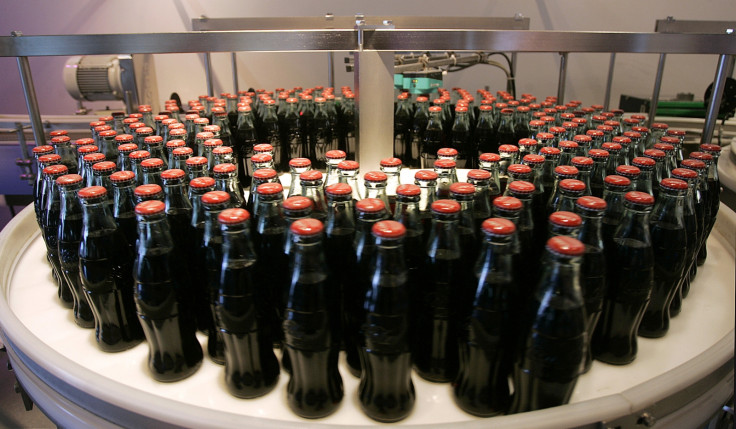Cola's darkside: Caramel coloured soft drinks increase risk of cancer

New research shows that drinkers of dark coloured soft drinks are potentially exposing themselves to increased risks of developing cancer because of an unnecessary ingredient.
The research by Johns Hopkins Bloomberg School of Public Health found that the caramel colouring in some dark soft drinks exposes them to 4-methylimidazole (4-MEI), a possible human carcinogen.
The study found that between 44% and 58% of children above the age of six consume at least one can of soda per day, possibly more, which would put them as risk.
Keeve Nachman, PhD, senior author of the study, said: "Soft drink consumers are being exposed to an avoidable and unnecessary cancer risk from an ingredient that is being added to these beverages simply for aesthetic purposes.
"This unnecessary exposure poses a threat to public health and raises questions about the continued use of caramel coloring in soda."
Following a study in 2014 study of the 110 samples of soda brands in the US, the researchers concluded the sample was not large enough to recommend one brand over another or draw conclusions about specific brands.
The results indicated that levels of 4-MEI could vary substantially across samples, even for the same type of beverage. In the case of diet colas, for example, certain samples had higher or more variable levels of the compound, while other samples had very low concentrations, noted Tyler Smith, a researcher from the Johns Hopkins Center for a Livable Future.
In the US, the Food and Drug Administration was petitioned to set limits for the potential carcinogen last year. It also shared the findings with the California Attorney General's office, which enforces the state's Proposition 65 law aimed at reducing consumers' exposure to toxic chemicals.
"This new analysis underscores our belief that people consume significant amounts of soda that unnecessarily elevate their risk of cancer over the course of a lifetime," added Urvashi Rangan, executive director for Consumer Reports' Food Safety and Sustainability Center.
"We believe beverage makers and the government should take the steps needed to protect public health."
© Copyright IBTimes 2025. All rights reserved.






















